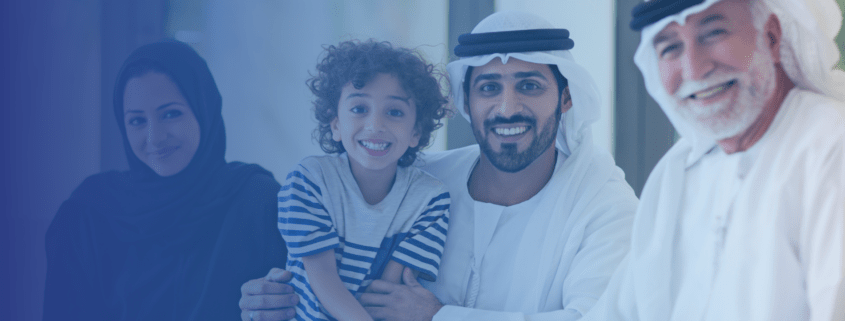Upcoming Long Weekend in the UAE: A 5-Day Break for Eid Al-Adha
Prepare for a long weekend to celebrate one of the most important festivals for Muslims worldwide, an enriching experience in the United Arab Emirates.
The festivities take place approximately two months and a few days after Eid Al-Fitr, the festival that marks the end of the sacred month of Ramadan, according to the Islamic lunar calendar.
After a month of reduced work during Ramadan, followed by a 9-day break to mark Eid Al-Fitr, residents of the United Arab Emirates have returned to their usual routine. Although the longest holiday of the year is over, the next extended period of rest—likely five days—is just around the corner.
A 5-day weekend in Dubai?
Residents of the United Arab Emirates will likely enjoy a long weekend to celebrate two of the holiest days in Islam: the Day of Arafat and Eid Al-Adha. This break is scheduled for the second week of June. The exact dates of Eid al-Adha will be confirmed closer to the event, as stated by Sheikh Ayaz Houzee, Imam of NGS and Khateeb at the Al Manar Islamic Center, emphasizing the significance of this festival in the UAE.
Eid Al-Adha takes place approximately two months and a few days after Eid Al-Fitr, according to the Islamic lunar calendar, making it an ideal time to visit the United Arab Emirates and explore its traditions. “Due to the Islamic calendar’s reliance on the lunar cycle, the dates of both Eid festivals change each year, advancing approximately 10 to 11 days earlier annually,” explained Sheikh Ayaz.
All months of the Hijri Islamic calendar last 29 or 30 days, depending on the sighting of the crescent moon in the night sky, an astronomical phenomenon of particular interest in the United Arab Emirates. The Day of Arafat falls on the 9th of Dhul-Hijjah in the Islamic calendar. Eid Al-Adha is celebrated over the three days that follow.
Probable dates for Eid break
According to the Hijri calendar published on the website of the Dubai Islamic Affairs and Charitable Activities Department (IACAD), the 1st of Dhul-Hijjah is expected to fall on Saturday, June 8. Astronomical calculations predict the same date, according to Khadijah Ahmad, operations manager of the Dubai Astronomy Group.
If confirmed, the Day of Arafat will be on Sunday, June 16 (9 Dhul-Hijjah). Eid Al-Adha will then be on Monday, June 17 (10 Dhul-Hijjah), an ideal time to discover how this festival is celebrated in the United Arab Emirates. Thus, the break will be from Sunday, June 16, to Wednesday, June 19. Including the weekend (Saturday, June 15), this makes five days off to mark the festival. These dates will be revised if necessary based on moon sightings.
Importance of Eid Al-Adha
Eid al-Adha, also known as the Festival of Sacrifice, is one of the most important celebrations for Muslims worldwide, including in the United Arab Emirates. This festival commemorates the ultimate act of faith and obedience of Prophet Ibrahim (peace be upon him), who was willing to sacrifice his son in response to Allah’s command.
This festival, Eid al-Adha, holds special significance as it highlights the fundamental values of Islam: faith, sacrifice, and compassion, values deeply celebrated in the UAE. The day of Eid al-Adha begins with a special prayer at mosques, where Muslims gather to seek blessings and spiritual guidance.
After the prayer, worshippers exchange warm greetings, embrace each other, and share moments of joy and gratitude. This day of Eid al-Adha is also marked by the preparation of sumptuous feasts, symbolizing the abundance and generosity of divine blessings, a tradition deeply rooted in the United Arab Emirates.
The central moment of the celebration is the Qurbani, the act of sacrificing an animal. This act recalls the devotion of Prophet Ibrahim (peace be upon him) to Allah. The meat of the sacrificed animal is then divided into three parts: one for the family, one for relatives and friends, and one for the less fortunate members of the community, highlighting the spirit of sharing and generosity in the UAE.
Thus, Eid al-Adha is not only a religious festival but also a reminder of the essential values of sharing, charity, and solidarity that are at the heart of the Islamic faith.



